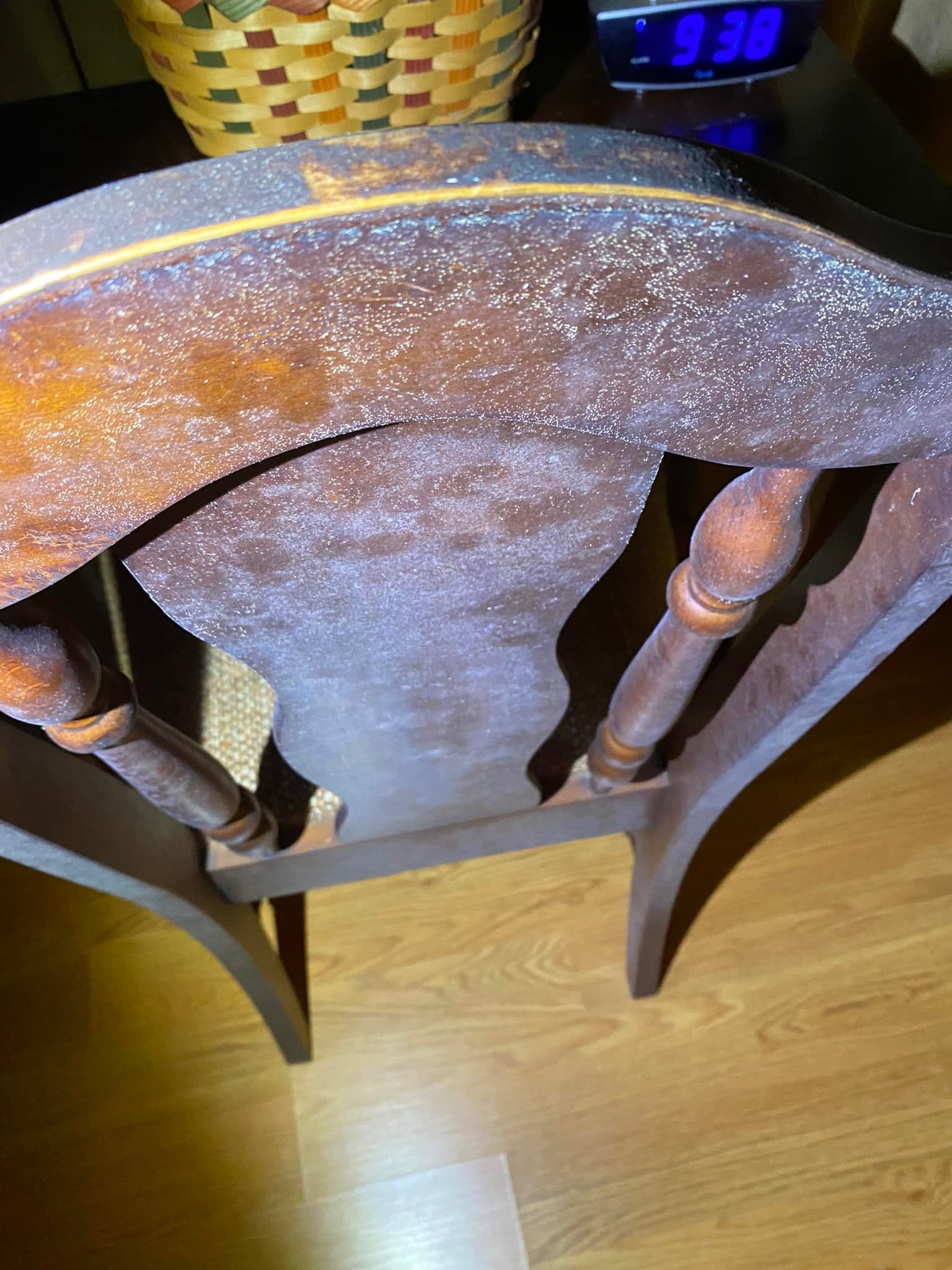High Humidity is Dangerous! A properly maintained air conditioning system can remove 5 to 20 gallons of water from the air per day. A tub of moisture absorber just doesn’t compare.

Do Moisture Extraction Products Actually Reduce Humidity in Your Home?
Every season, snowbirds prepare their homes for extended absences, and many flock to the stores, stocking up on moisture extraction products in hopes of keeping their homes safe from the notorious humidity in tropical climates like many parts of Florida. I won’t name any brands (legal advice!), so we’ll simply call them The Products here. These come in all shapes and sizes—from hanging bags to tubs—and promise to solve all your humidity problems. But do they actually work?
As a longtime business owner, now educator in the Home Watch industry, I’ve seen firsthand how these products perform (or don’t), and let me tell you: they may do more harm than good.
If you're short on time, here's the bottom line: Save your money—don’t use moisture extraction products.
Digging Deeper into the Problem
The marketing behind The Products can be persuasive. They promise to absorb excess moisture without needing electricity, supposedly preventing musty odors and damage to your belongings. The ads suggest placing them in basements, laundry rooms, bathrooms, and closets—though it's interesting to note that kitchens, living rooms, and bedrooms rarely make the list.
Digging deeper, you’ll find their tests are often done in small spaces, like closets, where humidity levels are less intense. What they don’t tell you upfront are the product's limitations: small coverage areas, ongoing maintenance, potential spills, and the fact that they’re no match for actual air conditioning systems.
Here’s the Reality
A properly maintained air conditioning system can remove 5 to 20 gallons of water from the air per day. A tub of moisture absorber just doesn’t compare. In fact, once the container fills with water, it becomes a new source of humidity! Worse yet, in humid environments, microbial growth can start within days if conditions are right for mold to flourish.
What Home Watch Professionals Know
Through training and experience, Certified Home Watch Reporters understand the best way to control humidity isn’t by relying on moisture extraction products. Instead, here are proven ways to manage humidity in your home:
- Maintain your air conditioning system—Schedule HVAC preventive maintenance once or twice a year.
- Ensure proper ventilation—Good airflow helps reduce humidity build-up.
- Consider electric dehumidifiers—Especially in hard-to-cool spaces like garages.
- Regular monitoring of unoccupied properties—A critical step that moisture extraction products can’t replace.
The Product Has Its Place—But It’s Not the Solution
Yes, The Product can work in certain small-scale situations, but for homeowners in high-humidity areas like Florida, relying on these products to reduce overall humidity is simply not effective. Using them in place of an air conditioning system or regular monitoring can give you a false sense of security and may even lead to damage that could have been avoided.
Remember, Home Watch is an essential service—one that could even be required by your homeowner’s insurance. Some policies demand regular checks while your home is unoccupied, and non-compliance can result in denied claims. It’s always a good idea to review your insurance policy annually to stay current on any changes to these requirements.
When it comes to watching over your home, nothing beats the expertise of a Certified Home Watch Reporter. They may just be the difference between damage and disaster.
Is high humidity exclusive to Florida?
While Florida is well-known for its high humidity, several other states also experience significant humidity levels. Alaska surprisingly tops the list with an average relative humidity of 77.1%, due to colder temperatures allowing air to saturate quickly. Louisiana and Mississippi follow closely, with averages of 74% and 73.6%, respectively, due to their proximity to the Gulf of Mexico. Hawaii, surrounded by the Pacific Ocean, has 73.3% average humidity, while Iowa, at 72.4%, sees elevated humidity from its extensive corn agriculture. Other humid states include Michigan, Indiana, South Carolina, and Texas.
By choosing a Graduate of the Home Watch Academy, who is a Certified Home Watch Reporter, you're investing in a service designed to protect your home, your peace of mind, and your investment while you're away. Moisture extraction products can’t offer that.
Author: Diane Pisani, Founder Home Watch Academy
Disclaimer: The views expressed are that of the author and don't reflect those of any affiliated organizations. This blog is for general information only, with no guarantees of accuracy. Readers should consult with other professionals for specific advice. The author is not liable for errors or damages. External links aren't endorsements.






